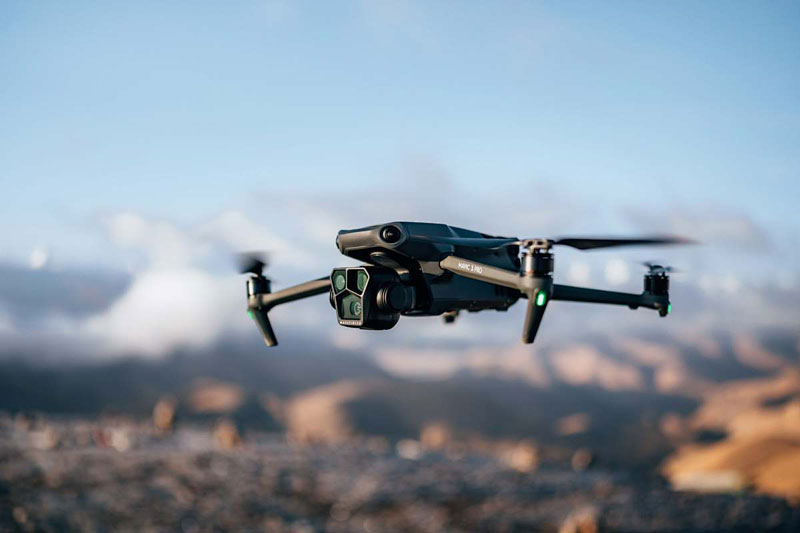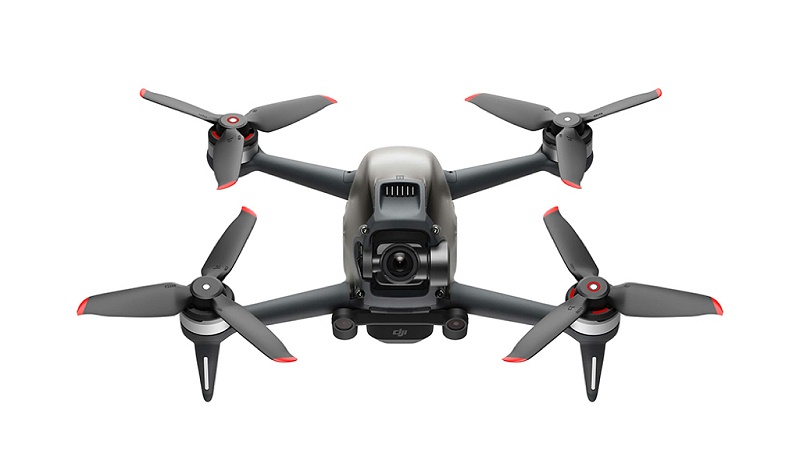The looming DJI drone ban in 2024 poses significant challenges and questions for both drone enthusiasts and the greater industry. As the dominant player in the drone market, DJI has carved out a substantial portion of the consumer and professional drone sector.
Understanding the Ban
With increasing concerns over national security and data privacy, governments worldwide are reassessing their relationship with Chinese tech-giants like DJI. This ban stems from apprehensions about how DJI’s drones might handle potentially sensitive data. These concerns are not new; they echo previous bans and restrictions imposed on Chinese technology entities, reflecting broader geopolitical tensions.
Impact on Hobbyists
For hobbyists, the ban could mean a significant shift in how they engage with their favorite pastime. DJI has long been recognized for producing user-friendly drones that cater to amateurs and professionals alike with their competitive pricing and technological advancements. The absence of DJI drones in the market could lead enthusiasts to explore lesser-known brands or potentially higher-priced alternatives.
Consequently, this could elevate costs and reduce accessibility for newcomers interested in drone technology.
Industry Ramifications
The professional sector, where DJI drones are utilized for filmmaking, agriculture, surveying, and more, might experience even greater disruptions. Businesses relying heavily on DJI’s efficient, cost-effective drones might have to face operational and financial hurdles. They will need to reassess their technological investments and explore other manufacturers who might not yet match DJI’s breadth of features and reliability in the market.
While competition might spur innovation, the immediate aftermath of the ban could be significant operational stress.
- Exploring Alternatives
- Mitigating Operational Costs
 These are critical steps that industries will need to adopt to navigate this shift smoothly.
These are critical steps that industries will need to adopt to navigate this shift smoothly.
Future Prospects
Looking ahead, the ban might open avenues for other companies to introduce competitive products that can fill the void left by DJI. This could drive technological advancements and possibly lead to the emergence of new market leaders. If foreign companies capitalize on this opportunity, the industry landscape in the drone ecosystem could become more varied and robust. The challenge remains whether these companies will innovate quickly enough to meet the needs of both consumers and professionals.
The ramifications of the DJI drone ban extend beyond mere consumer choice; they touch on operational efficiencies, economic dynamics, and technological evolutions. It’s imperative for stakeholders to stay informed and adapt strategically to these changes.
FAQ

Q: Why is there a ban on DJI drones?
A: The ban is primarily due to concerns over data privacy and national security threats posed by DJI, a Chinese tech company.
Q: What alternatives exist if DJI drones are banned?
A: Other companies such as Parrot, Autel Robotics, and Skydio offer competitive drones, though the market landscape will likely evolve further.
Q: How will this affect drone regulations?
A: The ban may lead to more stringent regulatory measures for all drone manufacturers, focusing on data security and compliance.
